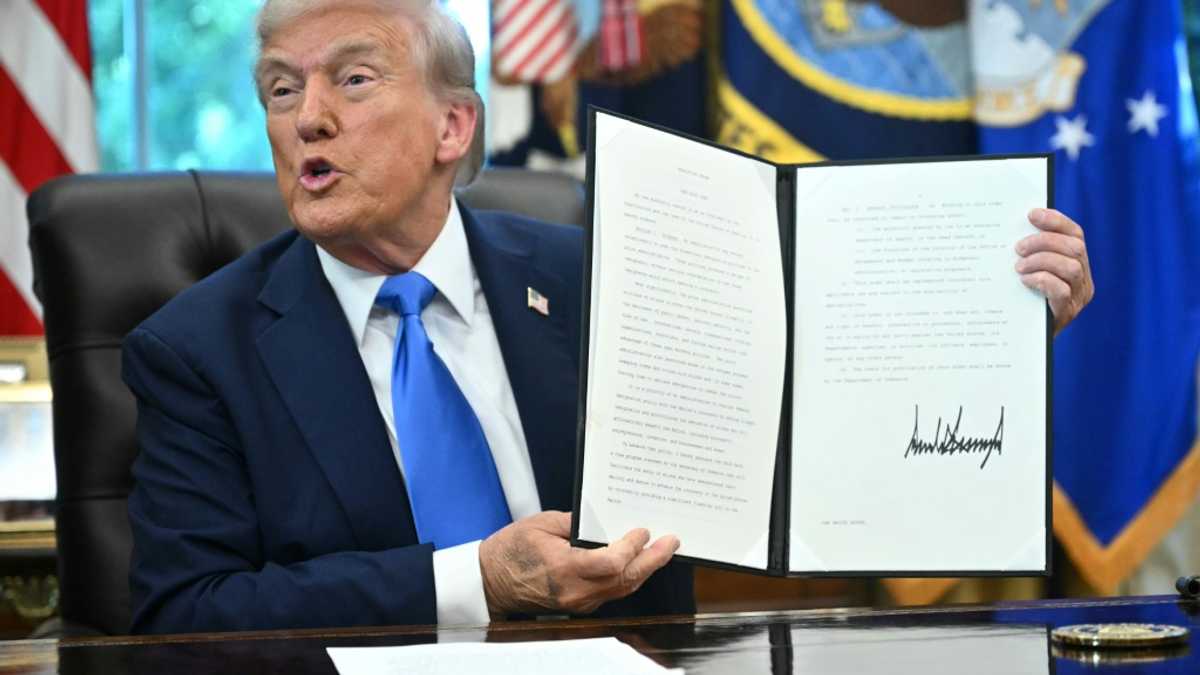Editorial: Societies that do not choose journalism risk being governed not by facts, but by noise
By Editorial
Copyright dawn

ON Sept 28, citizens and journalists across the globe mark World News Day, an occasion to remind ourselves why reliable journalism matters.
In a world awash with propaganda, distortion, and algorithm-driven distraction, this year’s theme — ‘Choose Truth. Choose Facts. Choose Journalism’ — is both urgent and universal, resonating across societies facing polarisation and rising distrust.
Journalism is as essential to society as electricity or clean water. Without it, civic debate shrinks, corruption festers, and democracies lose their footing. Across the world, the signs of decline are plain. Reporters are being silenced, attacked, and even killed in record numbers. In some conflict zones they are no longer collateral casualties but deliberate targets.
Governments increasingly muzzle the press or impose internet shutdowns during crises, depriving citizens of their right to know. Economic pressures have hollowed out many newsrooms, while AI systems recycle original reporting without credit or compensation, often spitting out half-truths and fabricated quotes. Studies show that AI-generated news responses are often riddled with errors, creating confusion and mistrust. Left unchecked, these trends threaten to replace truth with noise and accountability with impunity.
And yet, there are reasons not to despair. In parts of the world, trust in news has held steady or even risen, defying the narrative of universal decline. Surveys in Europe, Africa and Asia show that where journalism remains visible, local and accountable, audiences respond. Newsrooms experimenting with hyperlocal coverage, deeper community engagement and data-driven storytelling demonstrate that serious reporting still commands attention.
The future will not be decided by technology alone but by whether societies are willing to support the journalism that holds power to account.
Pakistan too could rediscover this value. But here, the habits of serious reading have withered, with younger generations relying on fragmented online feeds. That narrowing of civic literacy carries obvious risks for democracy.
To push back, the All Pakistan Newspapers Society mounted its annual National Newspaper Readership Day campaign. Slogans such as ‘Read today, lead tomorrow’ and ‘Influencers don’t make history. Truth builds nations’ seek to remind families that newspapers are not relics but vital repositories of record and context.
The campaign is right to stress that informed citizens cannot be built on shallow trends or algorithmic distraction. But messages alone will not suffice. Pakistan’s media must commit to credibility and diversity, while schools and universities should integrate serious reading into civic education. Above all, the state must stop treating independent journalism as a nuisance and recognise it as a safeguard of democracy.
World News Day is more than a commemoration. It is a reminder that while journalism is imperfect, it remains irreplaceable. Societies that choose journalism choose democracy. Those that do not, risk being governed not by facts, but by noise.
Published in Dawn, September 28th, 2025



